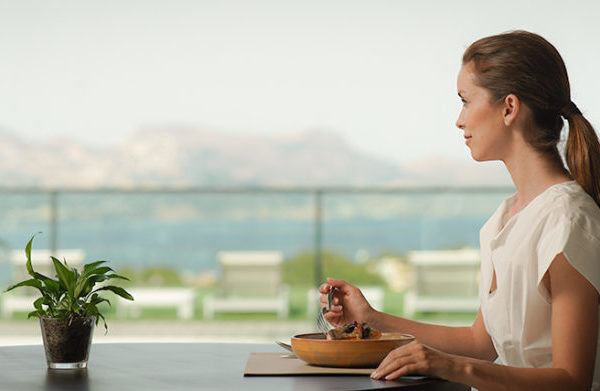
SHA Magazine Health & Beauty
Pandemic fatigue and tips for handling it
Anxiety, stress, depression, uncertainty, fear, sadness, poor sleep… We’re living in an unprecedented and complicated situation with overwhelming health, work, economic and family problems. But there is a ray of hope because, as Cinthya Molina, psychologist at SHA Wellness Clinic, says, “society is very aware of how important good mental health is and people are talking more openly and naturally about these issues, without the sense of embarrassment, shame or prejudices that previous generations felt”.
The last 15 months have been extremely challenging for all of us, pushing our mental health to the limit. Moreover, the fact that the crisis is dragging on for so long has led to what is known as pandemic fatigue. “It’s the tiredness and demotivation felt by the vast majority of the population when coping with a situation that is dragging on over time and which, at first, we didn’t think would last so long”, says the doctor. “We’re experiencing the ‘last mile effect’: we are no longer in lockdown, many people are vaccinated and soon, masks will no longer be required, but it’s not over yet. On the one hand, we get the message that the pandemic is coming to an end, but on the other hand, experts keep saying that we shouldn’t let our guard down. This leads to fatigue and demotivation caused by prolonged overexposure to stress, uncertainty and sadness”.
But if there is one thing we’ve learned from this crisis, it’s not to overlook certain things we once thought were normal and didn’t pay much attention to, including mental health. “That’s why more and more people are becoming interested in disciplines that work on caring for both the body and the mind, such as meditation, yoga, breathing, self-control techniques and mindfulness”, adds Cinthya.
Adapting to the “new normal”
Accepting reality as it comes is fundamental to maintaining good mental health. “Try not to repress negative emotions”, Cinthya recommends, “but rather accept and learn to manage them. Uncertainty, fear, anger, mistrust and Covid are part of our lives and it’s impossible to get rid of them. Instead of investing time and energy in trying to fight unpleasant experiences, both emotional and cognitive, I prefer to focus on the positive, on what adds to our lives and makes us grow. The important thing is to feel your feelings and manage them without them becoming a block or an obstacle in the way”. In addition, the doctor encourages us to focus on the present and stop making long-term plans, something that has created a lot of frustration. “Depression is related to looking at the past, while anxiety comes from looking to the future. That’s why thinking of things more in the short term is very healthy mentally”.
To adapt as soon as possible to the “new normal”, Cinthya recommends “opening your mind to make routines and patterns more flexible when it comes to resuming aspects of your professional and social world, exploring new activities or hobbies that make you feel good, sharing your experiences with other people, spending time with family and friends, enjoying leisure time and setting short-term goals. In short, focus on what you can control and try not to worry about the things that you can’t”.
Eating well, exercising daily and getting good sleep also help to create good mental health. “Following a healthy lifestyle helps keep the body and immune system strong, which makes it easier to overcome stressful moments”, concludes the doctor.





